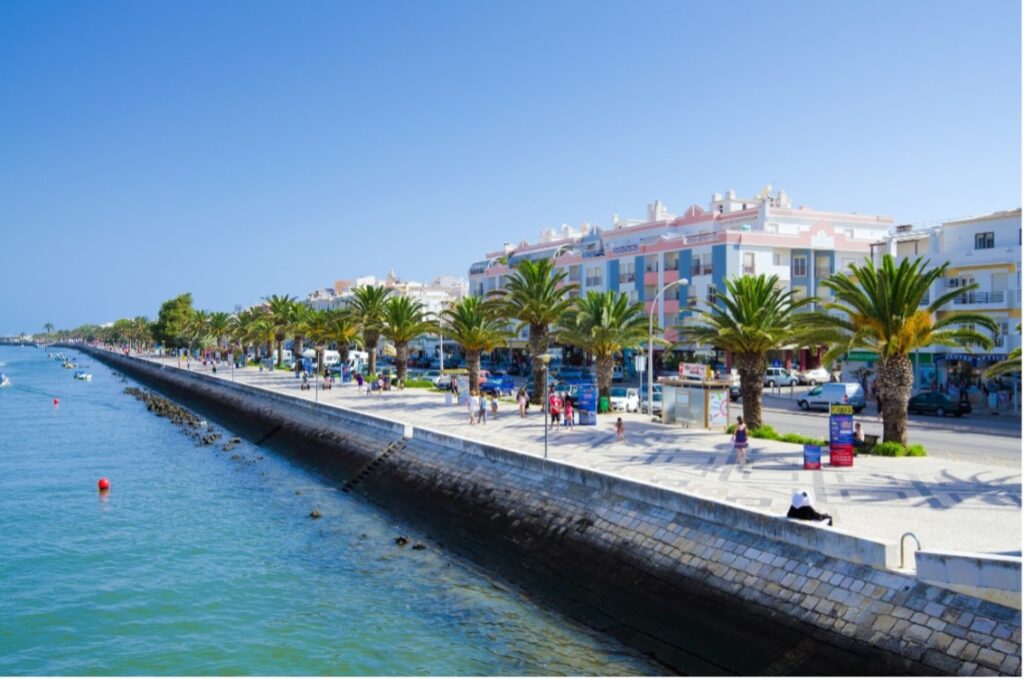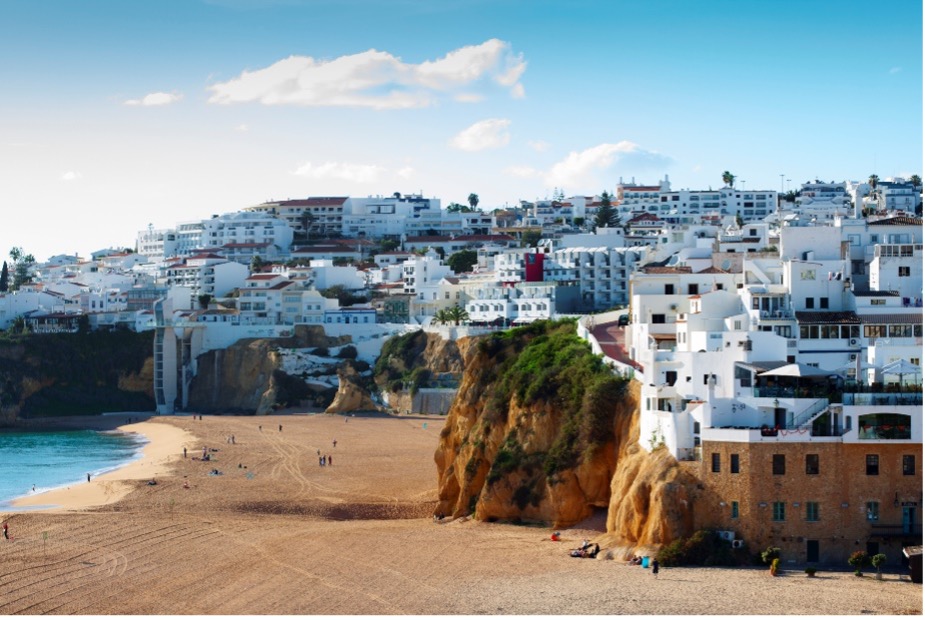Upsize Your Life While Downsizing Your Living Costs…
“It’s a staggering number: 61% of Americans are caught in the cycle of living paycheck-to-paycheck.”
So says Forbes in a recent column quoting a CNBC story that itself was quoting recent research from the LendingClub.
Now, I guess I could have just directly quoted the original source of that data, LendingClub, but what I really wanted to dig into today is what Forbes calls a “simple solution” to this paycheck-to-paycheck life nearly two-thirds of the country is supposedly living.
Forbes’ solution: Spend less.
As simple as it is simplistic.
Truthfully, the Forbes columnist is not wrong. Spend less and you are not living paycheck-to-paycheck. The math checks out. Always has. If you earn X and spend Y, and you manage to reduce Y to a smaller number, then you’re no longer reaching the end of the month, desperately awaiting that next infusion of cash.
There’s just one chink: Spending less in America is not so easily accomplished.
I mean, yeah, sure… you can cut out the Starbucks triple-shot half-caff double latte with sprinkles and a caramel drizzle every day, but for most people those kinds of treats are a way of enjoying life. Few people want to spend their life depriving themselves of little joys they can afford. And, yes, they can afford it because in the grand scheme of budgeting, it’s not the $5 designer coffee that’s killing anyone.
It’s the cost of housing and insurance and groceries and utilities.
It’s the big things that matter the most because they land the biggest punches, financially speaking.
Which is why I’m now seeing so many stories pop up about Americans (and Canadians) who are decamping from their home shores and alighting in Mexico, Costa Rica, Panama, and particularly Europe.
Some of these are retirees. Some of them are working-age Americans, with families, in their 40s and 50s.
I bumped into one of those American families in Lagos, Portugal, last month…

My wife and I had just arrived in Portugal for our new life living here. We were spending several days in the Algarve—Portugal’s southernmost region and a very popular tourist spot—before our household items from our apartment in Prague arrived in Cascais, the little seaside village we now live in near Lisbon.
I popped into a mini market near the beach to grab a Red Bull, and the man waiting in line in front of me was on his phone, talking to who I presume was his wife, in what was clearly American English. When he hung up, I asked, “Where you from?”
Turns out he’s from Philly. And my assumption that he was there on vacation was wrong. He, too, was waiting for some household items to arrive so that he, his wife, and his two daughters could begin their new life in Albufeira, one of the best towns along the Algarve coast.
Quoting Mr. Philly: “We just got tired of the cost of living. And we were tired of worrying about our girls. Every time I turn on the TV there’s another mass shooting at a school or a club or, you know, a mall or whatever. We wanted a safer, simpler, cheaper life.” (Note: I didn’t have a notebook with me, so I’m mashing together the exact quotes I remember as well as paraphrasing his broader sentiments.)
He told me he and his wife did the math and “our rent here for a four-bedroom house close enough to the beach that we can walk is $2,500. That’s a pool, a paid-for gardener, an outdoor kitchen, like 2,700 square feet. I can’t find anything remotely similar in Philly. Probably going to save more than $3,000 a month living in Albufeira. A better lifestyle—on sale. Easy move.”

I’ve heard some version of that—better life, on sale (Mr. Philly’s exact phrase)—in several countries where I’ve interviewed American expats over the last five years: Greece, Spain, Portugal, Uruguay, and Thailand.
For all of them, it was never the small straws the broke the camel’s back. It was the big expenses like housing, taxes, healthcare, utilities, and the like that drove them to find a cheaper cost of living.
Sure, you can downscale your big expenses and not leave America. But what does that really look like?
You move to smaller house in a sketchier part of town? You move to a cheaper city, which some Americans are clearly doing? You move to a smaller apartment or condo less conveniently located to your job and social life?
You downsize your health insurance, or you upsize your deductibles—or both—to such a degree that an emergency medical expense still sends you careening toward bankruptcy? Sell your car and rely on public transit?
All of those are legitimate options. And I’m not knocking any of them. People do what they have to do to survive.
But when you can upsize your life while downsizing your living costs by moving abroad… well, you pretty much win the lifestyle lottery.
I’ll use my own life as an example. I’m living in a picturesque, seaside resort community that is easily half the cost or less of a similar seaside lifestyle anywhere in the U.S., and Cascais is one of the most expensive places in all of Portugal.
Mr. Philly again: “We weren’t looking to leave America. But my wife read a story about some family that moved to Portugal because they couldn’t afford to live in the U.S. on, like $150,000 a year or something like that, and they didn’t want their kid having to learn ‘active shooter’ drills. She wanted me to read the story and we started talking about it, and we figured out it really made sense for our life, you know?
“Our families think we’re idiots, particularly her mom, who is a very active grandmother to our daughters. But America just got too expensive to live our life. Here, we’re getting a bigger house—with a pool—near the ocean. And it’s way, way cheaper. That’s a win.”
Sounds like a clear win to me, too, Mr. Philly.
Not signed up to Jeff’s Field Notes?
Sign up for FREE by entering your email in the box below and you’ll get his latest insights and analysis delivered direct to your inbox every day (you can unsubscribe at any time). Plus, when you sign up now, you’ll receive a FREE report and bonus video on how to get a second passport. Simply enter your email below to get started.
